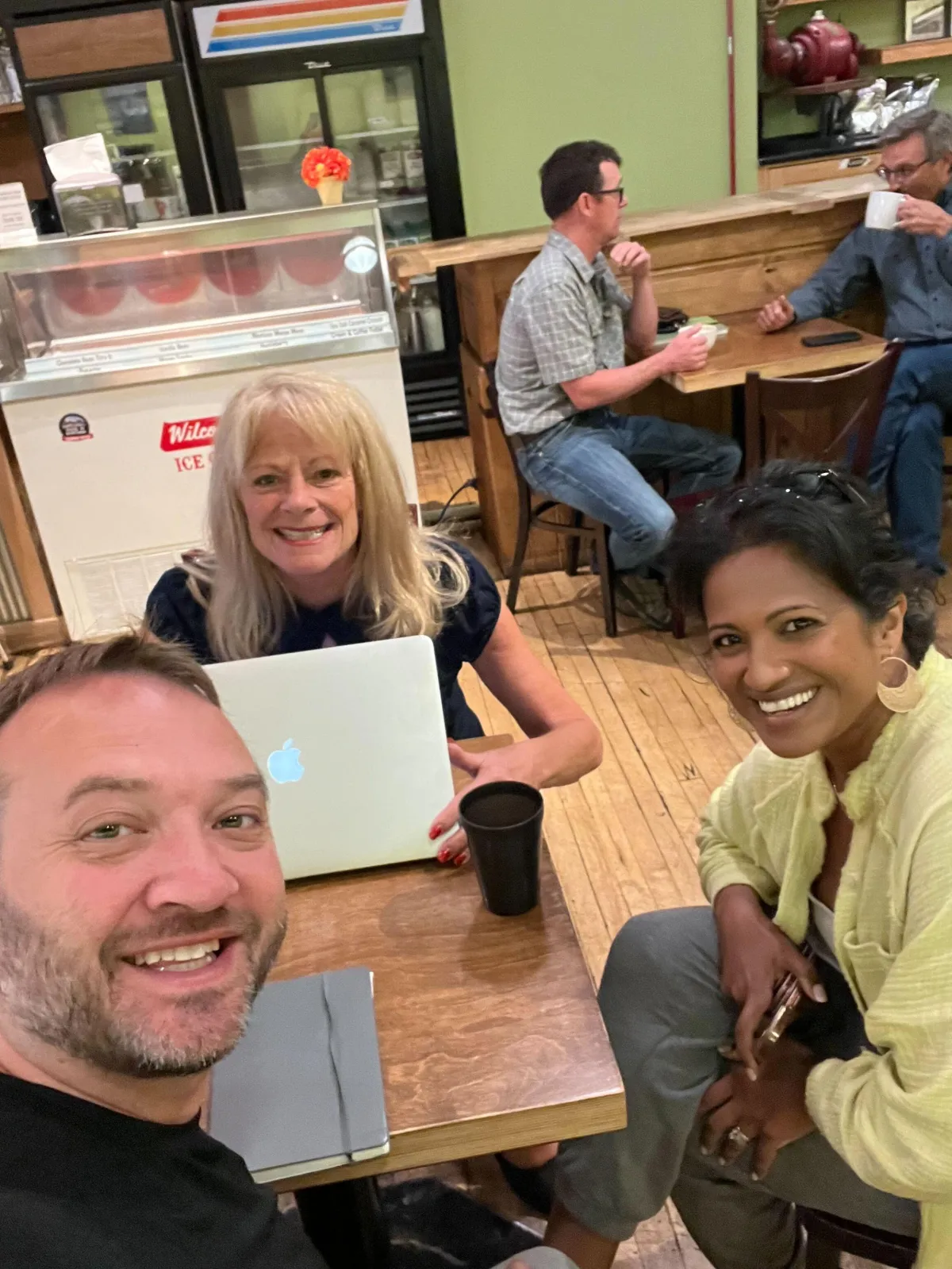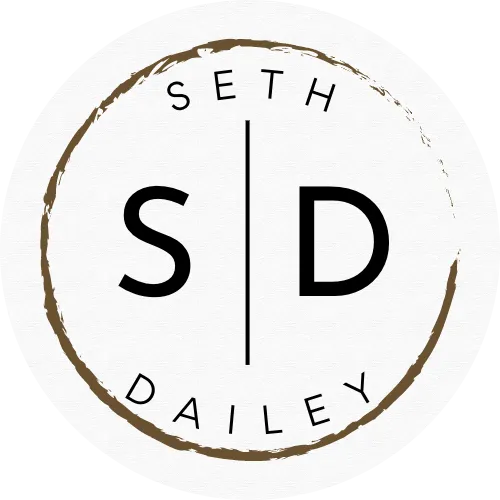
Real Estate Investing is I.D.E.A.L. because...
Real Estate Investing is I.D.E.A.L. because...
Our family is spending this summer in Montana and Idaho, exploring investment property opportunities in our favorite locations. As a valuable learning experience for our kids, we're taking them on tours of these properties during our road trip. Along the way, we discuss the fundamentals of real estate investments with them, teaching them how to determine if a property is a good investment. To simplify the process, we use the acronym IDEAL, which we learned from Chris Bird, a renowned tax guru. Here are five key ideas related to real estate that we shared with our kids.

Real estate investing is IDEAL because of these 5 factors:
I - INCOME from cash flows
If you own an asset that other people will benefit from, they will pay for the use of it. This could apply to renting out lots of things: a car on Turo, an RV on Outdoorsy, a house on Airbnb. This factor only works if you let people use it (not where the “E, A, and L" factors below actually still exist even if the property is something you only keep for your own use).
D - DEDUCTIONS for DEPRECIATION
Depreciation is probably the most talked about “phantom expense” that there is. It reduces taxable income, but it didn’t cost you any cash to do so. Why does it exist? Why does the IRS let you act as if real estate is going down in value, just like a car or a piece of machinery? It’s a bit of a mystery but a valuable deduction for real estate investors.
E - EQUITY Increase
Even if a property never goes up in value, your equity does - because on a 15 or 30-year mortgage, you slowly (then more quickly) pay the costs down. We think of this as forced savings.
A - APPRECIATION over time
Over time, real estate has a trend of appreciating 4% a year. The key is over time. Thinking that it will ALWAYS go up, NEVER flatline, and NEVER correct is a surefire way to end up in trouble. We buy real estate with the expectation that we are holding it for a LONG period of time. And if it makes money in the short term, then that’s icing on the cake.
L - LEVERAGE
Leverage means we can buy 4-5x the amount we want to invest. If we want to invest $100,000, we can look at a $400-500k property.

